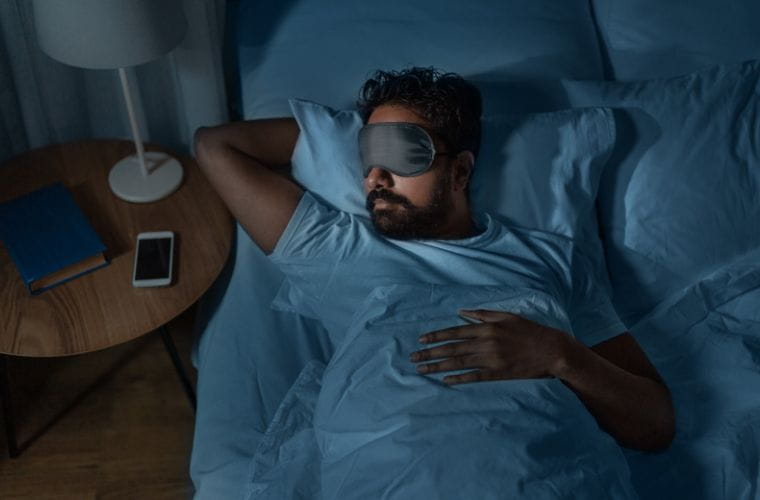Spring Forward to Great Sleep

Ready or not, Daylight Saving Time is near and sunsets after 7 p.m. will be here before you know it.
Clocks will spring forward on Sunday, March 12, 2023, taking away an hour of precious slumber.
While losing that hour may not seem like a big deal, it can have an impact on our overall mental and physical health.
Marietta Bibbs, system manager of sleep disorders for BayCare, says Daytime Saving Time presents an abrupt change that affects our circadian rhythm, which drives our ability to fall asleep and stay asleep.
“This abrupt change makes it hard for our bodies to adjust so you may find yourself more irritable, have less energy and not able to clearly think the next day,” Bibbs explained. “Studies have shown that there is an increase in automobile accidents following this change in time. Also, there are cases where hospitals have seen an increased number of patients with cardiac problems and strokes.”
To make the transition easier on your body, Bibbs has the following suggestions:
- Plan ahead and slowly shift your bed time or wind-down routine up by 15 minutes in the days leading to the time change.
- Going to bed an hour earlier on Saturday night and waking up at your usual time on Sunday morning will help with a smoother transition.
- It may be tempting but avoid long naps which can make it even harder to fall asleep at night.
- Get outside and soak up the sunlight Sunday morning to help regulate your circadian rhythm to the change in time.
If you don’t already get a healthy sleep routine, Bibbs says now is a good time to practice “good sleep hygiene.” She recommends the following tips for achieving a good night’s rest:
- Maintain a regular sleeping and waking pattern every day. Go to bed at the same time every night and get up at the same time every morning.
- Stick to a bedtime routine. A relaxing pre-sleep ritual such as taking a warm bath or eating a light snack may help promote sleep. Don’t bring your problems to bed with you.
- Don’t drink caffeinated beverages within six hours of bedtime. Avoid drinking more than one or two caffeinated beverages per day.
- Don’t drink alcohol to help you sleep. Although alcohol may help you fall asleep, it causes sleep disruption later in the night.
- When it comes to electronics, try to cut out screen time 30-40 minutes before bedtime so the blue light doesn’t disrupt your sleep.
- Exercise regularly to help promote good sleep, but avoid exercising near bedtime. Vigorous exercise should be done in the morning or late afternoon. A relaxing exercise such as yoga can help promote a restful night’s sleep.
- Don’t eat large meals close to bedtime. Certain foods, including spicy foods, caffeinated drinks and chocolate, can contribute to sleep disturbance and should be avoided at bedtime.
“Live to sleep and sleep to live. Making sleep a priority and getting quality sleep and ultimately lead to better health,” Bibbs said.
BayCare offers a variety of sleep disorder treatments for individuals throughout the Tampa Bay area. To schedule a sleep study or to speak with a Clinical Sleep Specialist, call 727-734-6716 and choose option 1 for scheduling and option 2 to speak to a clinical team member. For more information, click here.
